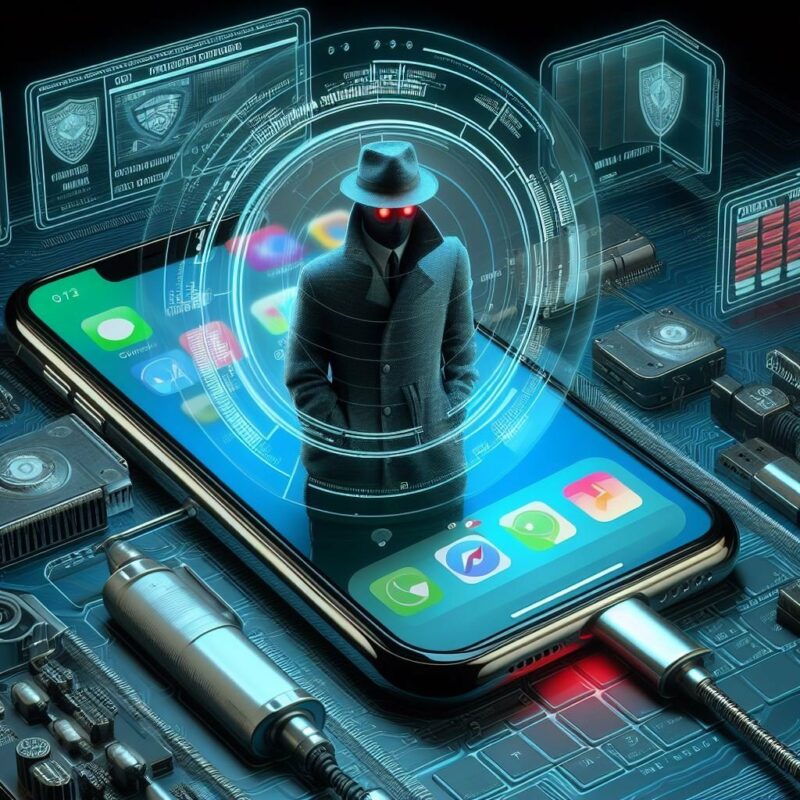How to protect yourself from Pegasus spyware with EviCypher NFC HSM Pegasus Spyware: what it is, how it works, and how to protect yourself with EviCypher NFC HSM. In this article, we will tell you about Pegasus spyware. A global investigation revealed its misuse by governments and intelligence agencies. They target and spy on personalities […]
Stay informed!
Join our community of technology enthusiasts! Subscribe to our newsletter and receive exclusive updates on the latest news, special offers, and tips from Freemindtronic. Stay informed on the latest technology trends, discover new products, and be among the first to take advantage of them. Sign up now by entering your email address below. Don't miss any updates from Freemindtronic!







